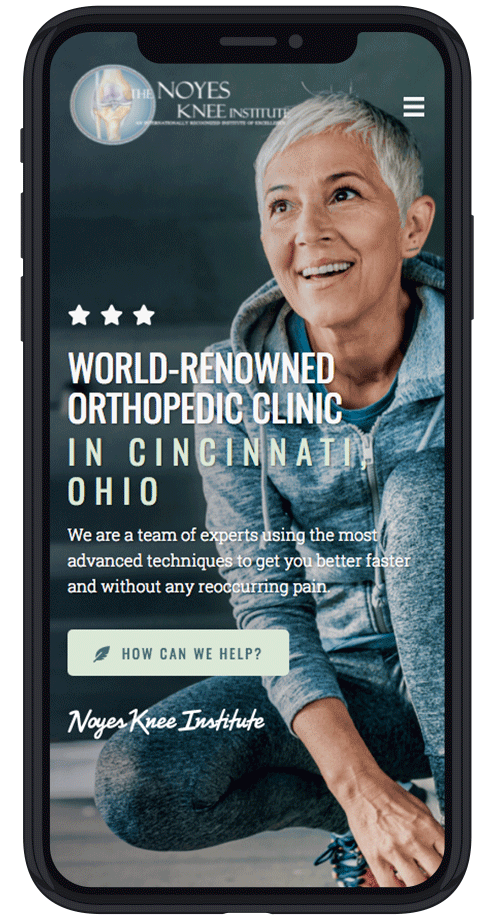Published On
Category
If you are one of the approximately 1.3 million Americans who suffers from rheumatoid arthritis (RA), you need to know how your disease can affect your knees. The knees are one of the most common joints affected by rheumatoid arthritis, although the disease tends to only affect the knees during the later disease stages.
Read on to learn exactly how rheumatoid arthritis affects the knee joints and about treatment options for knee complications that can occur in RA sufferers.
Rheumatoid Arthritis and Knee Joints
When rheumatoid arthritis symptoms begin to affect the knees, both knees typically experience the same symptoms. However, some people experience symptoms in only one knee.
The most common rheumatoid arthritis of the knee symptoms include joint stiffness and swelling that can make bending the knees difficult. This stiffness and swelling are due to a build-up of synovial fluid, which is a natural fluid that lubricates the knee and a thickening of connective tissue in the knee.
In addition, when your immune system attacks your knee joints, you might experience knee inflammation and damage to your knee cartilage.
Small, firm lumps called nodules can also form near knees affected by RA, just as they can form near other affected joints. Although bothersome, nodules typically cause no pain.
Finally, Baker’s cysts are also common in rheumatoid arthritis suffers. These are fluid-filled cysts that develop behind the knees. The presence of these cysts can further contribute to joint stiffness.
Treatment Options for Rheumatoid Arthritis Knee Complications
The most important aspect to controlling rheumatoid arthritis that affects the knees and preventing further damage to the joints is taking the medication prescribed by your rheumatologist or primary care physician that helps keep your disease under control.
Disease-modifying anti-rheumatic drugs (DMARDS) help prevent future joint damage while also controlling current RA symptoms, including pain and swelling. In addition, take steps to protect your knees by keeping your body weight at a healthy level and performing low-impact exercises instead of high-impact ones to help prevent further wearing of knee cartilage.
There are additional medical treatment options for rheumatoid arthritis knee complications.
Baker’s Cysts
While Baker’s cysts can go away on their own, there are several treatments for cysts that are large and painful or persist for long periods of time. The liquid can be drained from these cysts with a needle or a steroid can be injected into them to reduce swelling.
These cysts can also be removed surgically when they don’t respond to other treatments.
Nodules
If nodules are small and not painful, they are typically left alone. They can shrink or completely resolve over time if you are taking a DMARD. However, if they are causing pain or inhibiting proper knee movement, they can be injected with steroids to shrink them. Nodules can also be surgically removed.
Synovectomy
When RA affected knees become incredibly stiff and painful, the discomfort can be caused by the thickening and inflammation of connective tissue in your knee called the synovial lining. During a synovectomy, a surgeon will remove inflamed synovial lining tissue.
Physical Therapy
While physical therapy cannot reverse knee damage caused by rheumatoid arthritis, therapy exercises can help build the muscles supporting the knee and increase flexibility of your stiff knees. Along with performing exercises with your physical therapist, you will also be given lifestyle tips to further help keep your knee symptoms under control.
Total Knee Replacement
When rheumatoid arthritis affected knees become severely damaged by the effects of the disease, you may need total knee replacement. This is typically only performed when the knee damage affects mobility or decreases quality of life severely in other ways.
If you suffer from rheumatoid arthritis, know that it can affect your knees during its later stages. Contact the Noyes Knee Institute to schedule an appointment for rheumatoid arthritis knee symptom treatment today.


